In an oversold market with virtually no space left for development, Canadian Pacific (CP) is using its strategic land holdings to increase capacity, alleviate congestion and capture new business from vehicle-makers shipping to and from Vancouver, with the opening of its new Vancouver Automotive Compound (VAC)
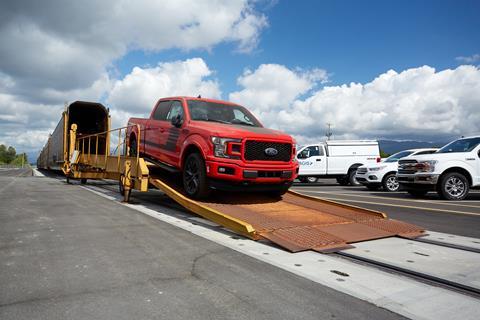
As Canada’s third-largest city and the country’s main point of entry for Asian vehicle imports, Vancouver is the fastest-growing automotive market, according to Jonathan Wahba, CP vice-president sales and marketing, intermodal and automotive. Booming business, however, sometimes comes with capacity constraints.
Before the VAC’s opening in March 2019, Annacis Island, located on the Fraser River between the communities of New Westminster, Surrey, Delta and Richmond, was British Columbia’s main automotive compound for decades. The site primarily serves two purposes: it is the destination terminal for any cars made in North America, and it receives inbound vehicles from South Korea and Japan.
Capacity constraints
In recent years, surging automotive volumes combined with a shortage of available real estate space have led to congestion on the island, signalling the need for expansion in compound capacity.
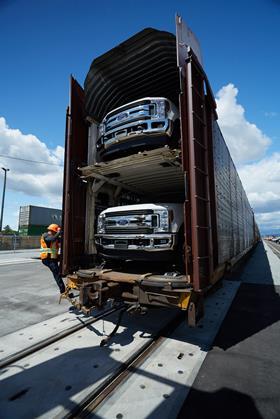
“As volumes grow and demand for short-sea shipping increases, space on Annacis continues to be hard to come by, making it a bottleneck for customers, especially during the peak shipping seasons,” says Jordan Kajfasz, CP assistant vice-president sales and marketing, international intermodal and automotive.
“OEMs regularly meter in their shipments and have been voicing their desire for more capacity for years, without any forthcoming solutions. We decided CP needed be proactive and take the lead to develop a solution in this market,” says Kajfasz.
Landing the location
Understanding Vancouver’s capacity constraints and seeking to respond to both customer and market demands, CP took a closer look at its footprint and assets in the area.
That is when a vacant, 19-acre (77,000 sq.m) plot of land stood out. Located adjacent to CP’s main line and its Vancouver Intermodal Terminal, the property became the answer to the Annacis Island conundrum.
We are helping the entire automotive landscape in Vancouver by adding much needed [rail] capacity to a market that is stretched to its limit - Jonathan Wahba, CP
“This solution was all about collaborating with our OEM customers to ensure that we were building the right product to address their needs, in one of Canada’s highest-traffic areas,” says Wahba.
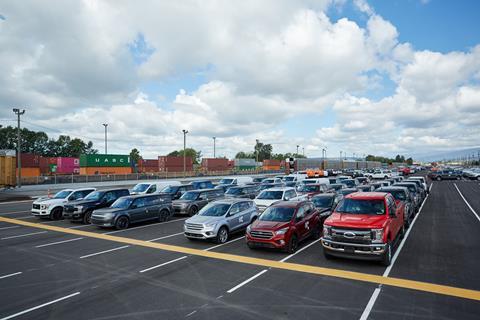
The compound’s strategic location creates efficiencies in CP’s automotive supply chain, allowing for Eastern Canadian car shipments to be quickly offloaded, and for empty rail cars to be re-loaded and shipped back east. It also provides vehicle-makers with the opportunity to get their product to market up to two days faster.
“The majority of car manufacturing plants in Canada are located in southwest Ontario, and therefore there is a high demand for rail equipment in the Toronto market,” says Joseph Skinner, CP director automotive sales.
“Being able to use VAC as a quick landing spot, allows us to be more efficient with our equipment, which in turn supports our business in other markets like Calgary, Edmonton, Toronto and Montreal.”
Welcoming new business
Completed ahead of schedule and within the span of six months, the VAC first opened its doors on March 4, 2019 to welcome Ford Motor Company as its anchor tenant.
“We met with customers prior to building the compound,” says Kajfasz. “We told them our story, shared our plans for the new facility, and asked if they would be interested in signing up as an anchor tenant. Ford was one of the first customers to express interest.”
The compound will be the destination for all Ford models shipped to the Vancouver market.
The majority of car manufacturing plants in Canada are located in southwest Ontario, and therefore there is a high demand for rail equipment in the Toronto market - Joseph Skinner, CP
“Eleven active Ford assembly plants are shipping to CP Vancouver: two plants in Mexico, one plant in Canada and eight plants from the US,” says Skinner.
In terms of the models at the facility, the F-150 will be coming from Kansas City, Missouri; the F-150, Super Duty, Mustang and Focus models from Michigan; the Super Duty, Expedition from Louisville, Kentucky; and the Edge and Flex from Oakville, Ontario.
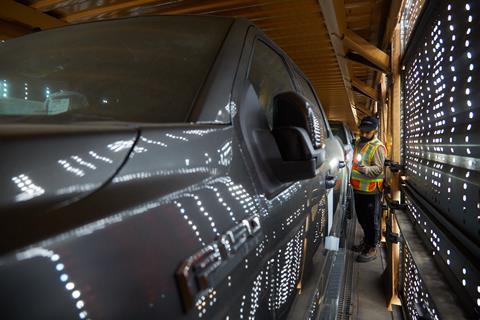
“I look forward to continuing to grow our relationship with Ford,” says Wahba. “Although still in the early stages of ramp-up, VAC is a meaningful driver for growth in 2019 and for years to come.”
Room to grow
The VAC can handle 36 multi-level auto racks and has nearly 1,200 stalls for vehicles.
CP has also deployed a new yard logistics system that automates yard processes and supports real-time inventory reporting, to give customers better visibility of their shipments. The system strengthens the company’s damage prevention processes by enabling immediate uploading of inspection images. First introduced in Vancouver, this logistical solution is being rolled out to all CP automotive compounds.
With room to grow, CP is able to provide space for shipments destined for British Columbia and Washington state, and load vehicles imported through the Port of Vancouver.
“We are helping the entire automotive landscape in Vancouver by adding much needed capacity to a market that is stretched to its limit. The compound will provide an important service to our customers, while delivering sustainable, long-term growth for our shareholders,” says Wahba.



















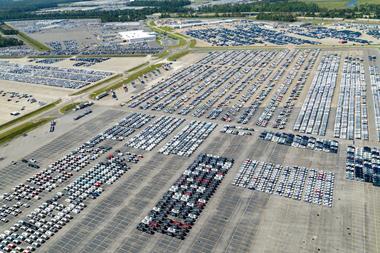
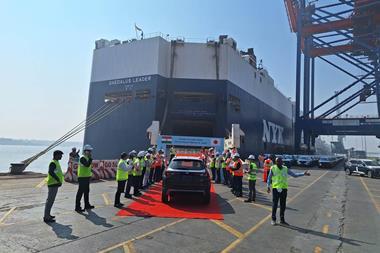
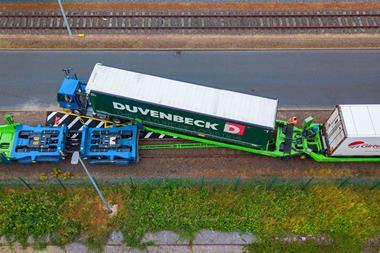
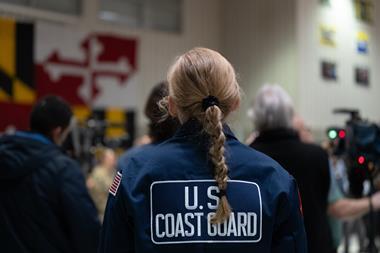



No comments yet